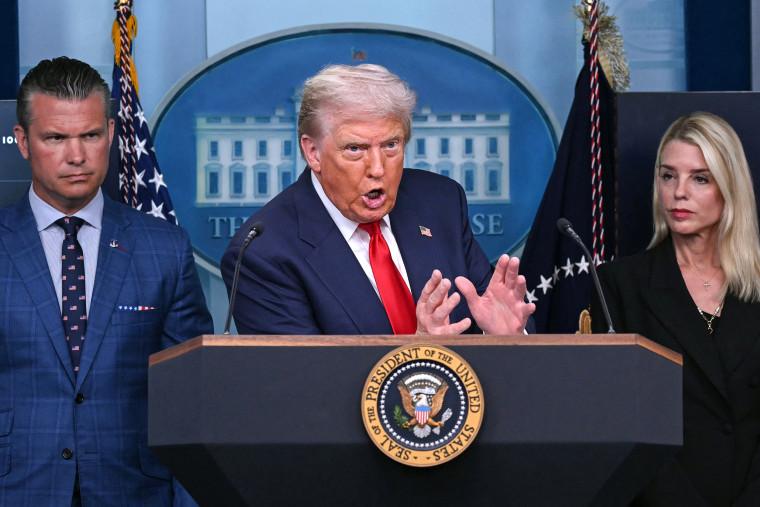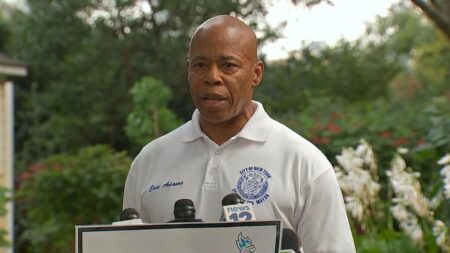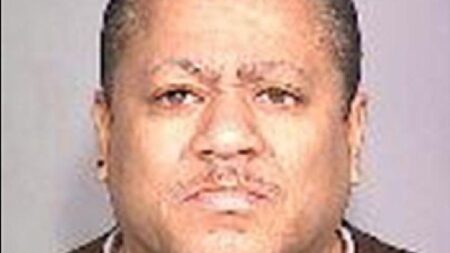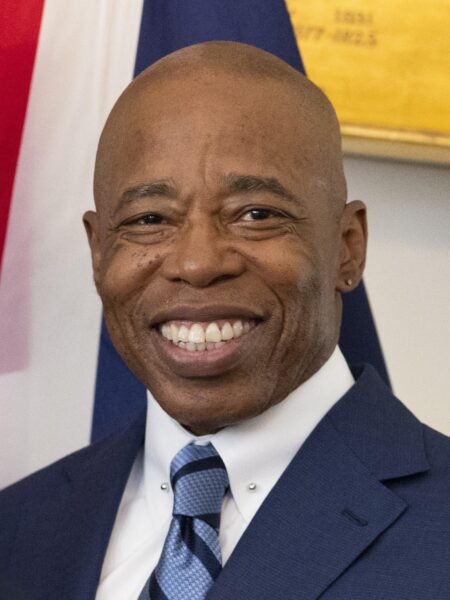The Trump administration is reportedly exploring efforts to assume control over New York City’s 9/11 Memorial and Museum, sparking concern among city officials and memorial advocates. Sources indicate that federal authorities are considering a range of options to increase their influence over the site, which stands as a poignant tribute to the victims of the September 11 attacks. The potential takeover raises complex questions about jurisdiction, governance, and the future stewardship of one of the nation’s most significant historical landmarks.
Trump Administration Explores Legal Channels to Gain Control of 9/11 Memorial
The Trump administration is actively pursuing various legal strategies to assert federal authority over the administration of New York City’s 9/11 Memorial and Museum. Senior officials argue that given the memorial’s national significance and the federal government’s role in the aftermath of the attacks, it is imperative that control be shifted away from local management. This move has sparked debate regarding jurisdictional boundaries and the preservation of historical narratives associated with the tragic event.
Key points raised by the administration include:
- Federal oversight: Advocating for increased federal supervision to ensure consistent maintenance and security protocols.
- Funding allocation: Proposing a restructuring of financial responsibilities to increase federal contributions.
- Historical preservation: Emphasizing the need for unified control to maintain an accurate, national narrative.
| Stakeholder | Position | Next Step |
|---|---|---|
| Trump Administration | Support federal takeover | File legal briefs |
| NYC Officials | Oppose transfer of control | Challenge in court |
| Victims’ Families | Mixed reactions | Request public hearings |
Controversy Surrounding Federal Intervention in New York City Cultural Sites
The Trump administration’s recent moves to assume control over the 9/11 Memorial and Museum have ignited a fierce debate among city officials, cultural leaders, and the public. Critics argue that federal intervention threatens the autonomy of this sacred site, which has long been managed by local organizations deeply connected to New York City’s identity. Concerns have been raised about potential changes in how the museum’s narrative is curated, fearing a shift towards politicization rather than preservation of historical accuracy and solemn remembrance.
Opponents have voiced several key arguments in response:
- Loss of local oversight: Taking control away from New Yorkers risks diluting community involvement.
- Risk to funding and operations: Federal management could disrupt the delicate balance of private and public financing currently sustaining the site.
- Potential revisionism: Some fear that the museum’s exhibits might be altered to reflect political agendas instead of honoring victims and heroes.
Supporters of the takeover counter that federal involvement promises increased security and potentially greater resources for upkeep. However, the debate remains charged, underscoring a broader clash between local stewardship and federal authority in cultural preservation.
| Stakeholder | Position | Concerns/Support Points |
|---|---|---|
| NYC Government | Opposed | Loss of local control, community impact |
| Trump Administration | Supportive | Enhanced security, federal oversight |
| Cultural Preservation Groups | Opposed | Risk of politicization, historical accuracy |
| Victims’ Families | Divided | Mixed feelings about federal presence |
Impact on 9/11 Memorial’s Independence and Future Programming
The potential federal assertion over the 9/11 Memorial & Museum raises serious concerns about its operational autonomy. Established as a solemn space under city governance and non-profit stewardship, any shift toward federal management could dilute the vision originally intended by New York City officials and survivors’ families. This interference threatens not only the memorial’s independence but also the carefully curated programming that honors the legacy of 9/11 with dignity and respect.
Key implications include:
- Programming Control: Federal oversight might redirect educational initiatives away from local narratives to broader national themes, potentially overshadowing community voices.
- Funding Priorities: Changes in funding allocation could shift focus from preservation and intimate storytelling to larger, bureaucratic projects.
- Public Access and Events: Restrictions on events or alterations in visitor access policies could diminish the memorial’s role as a public gathering place for reflection.
| Aspect | Current State | Potential Federal Impact |
|---|---|---|
| Governance | City & Non-Profit | Federal Authority |
| Programming | Community-focused | Broad/National |
| Funding | Private and Local | Federal Budget |
| Access | Public & Memorial Events | Potentially Restricted |
Recommendations for Transparency and Collaborative Management Approaches
In addressing concerns over governance and public trust, it is crucial to implement robust transparency measures. This includes the publication of detailed decision-making processes, financial disclosures, and regular stakeholder meetings open to the public. Transparent communication channels would enable victims’ families, New York City residents, and museum supporters to remain informed and engaged. Equally important is the creation of an accessible platform for real-time updates on management decisions, ensuring that any changes reflect the community’s expectations and historical significance attached to the 9/11 Memorial and Museum.
Collaborative management models should prioritize inclusivity by incorporating diverse voices from government agencies, local authorities, nonprofit organizations, and the families impacted by 9/11. Establishing a joint oversight committee with clear roles and shared responsibilities can help balance interests and mitigate political influence. Below is a suggested framework for such collaboration:
| Stakeholder | Role | Responsibility |
|---|---|---|
| Federal Government | Policy Oversight | Ensure alignment with national heritage preservation laws |
| NYC Local Authorities | Operational Support | Manage city resources and logistics |
| 9/11 Families’ Representatives | Community Voice | Advocate for commemorative integrity and emotional considerations |
| Nonprofits & Experts | Advisory | Guide historical accuracy and exhibit curation |
- Regular audits by independent bodies to ensure accountability
- Public forums to solicit continuous community feedback
- Transparent dispute resolution mechanisms for conflicts among stakeholders
By embedding these principles, the management of the 9/11 Memorial and Museum can remain a respectful, collaborative effort that honors history while guarding against unilateral control.
Final Thoughts
As the Trump administration explores avenues to assert control over New York City’s 9/11 Memorial and Museum, the proposal has sparked widespread debate among city officials, victims’ families, and preservation advocates. How this effort will unfold remains uncertain, but it underscores ongoing tensions surrounding the stewardship of one of America’s most sacred sites. Stakeholders continue to watch closely as discussions progress, emphasizing the importance of honoring the memory of 9/11 with the dignity and respect it deserves.













